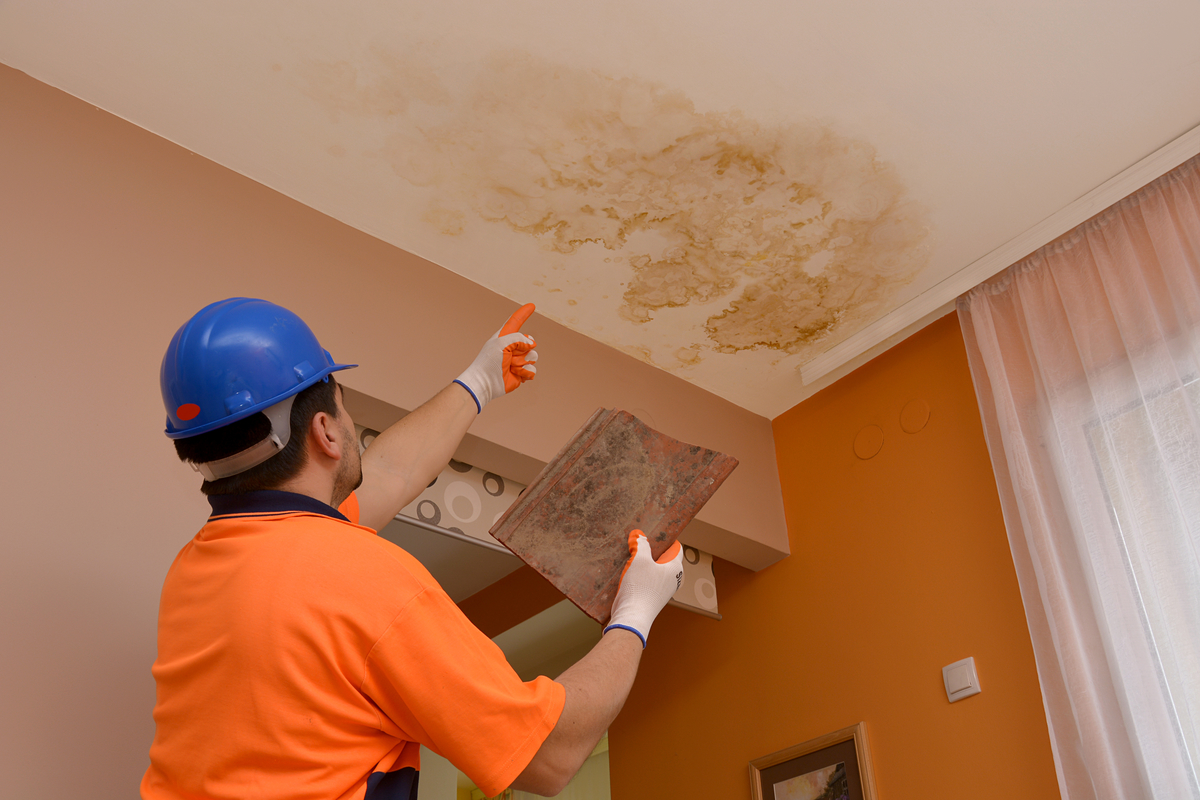The Residential Principal Frequent Triggers of Leakage: Detailed Examination
The Residential Principal Frequent Triggers of Leakage: Detailed Examination
Blog Article
What're your beliefs about Common Water Leaks In House?

Leakages not just create waste of water however can also trigger unnecessary damage to your home and promote undesirable organic development. By comprehending as well as looking for daily scenarios that trigger leakages, you can protect your residence from future leakages as well as unnecessary damage.
Immediate temperature modifications.
Extreme temperature changes in our pipes can trigger them to increase and also acquire all of a sudden. This growth as well as tightening may create splits in the pipes, particularly if the temperature are below freezing. If you kept an eye on how your plumbing functions, it would certainly be best. The existence of the formerly discussed scenarios frequently suggests a high threat.
Corroded water systems
As time goes by, your plumbing system ages and also corrosion such as corrosion may begin gnawing the pipelines. This may be the source of discoloration or warping on your water pipes. This asks for an inspection with your plumber promptly. If our plumbing system is old, take into consideration replacing the pipelines given that they go to a greater threat of rust than the more recent designs.
Malfunctioning Pipe Joints
The point at which your pipes attach is frequently the weakest link in the waterline. Pipeline joints can wear away in time, causing water leaks. Unfortunately, most of pipe joints are not easily visible. If you have noisy pipelines that make ticking or banging sounds, especially when the hot water is turned on, your pipeline joints are most likely under a great deal of stress. It is advisable to have your plumber inspect your system once a year.
Trespassing origins
The majority of water leaks start outside the residence instead than inside it. You might notice wet spots or sinkholes in your backyard, and also that could mean that tree origins are invading water lines causing water to permeate out.
Poor Water Connectors
At times, a leak can be caused by loose pipes and also pipes that supply your appliances. Generally, changing is what creates the loose water Links. You could locate in the case of a washing maker, a hose might spring a leak due to trembling throughout the spin cycle. In case of a water connections leakage, you may discover water running directly from the supply line or puddles around your appliances.
Clogged Drains
Blocked drains pipes could be frustrating and inconveniencing, but they can often wind up causing an overflow causing rupture pipes. Keep getting rid of any kind of materials that may go down your drains pipes that could clog them to prevent such troubles.
All the above are reasons for leaks however not all water leakages arise from plumbing leakages; some leakages might come from roofing leakages. All leakages ought to be repaired quickly to prevent water damages.
Leaks not just trigger waste of water yet can likewise trigger unnecessary damage to your residence as well as promote unwanted organic development. By comprehending and looking for daily situations that cause leaks, you can protect your home from future leaks and also unnecessary damage. Today, we will look at six leak triggers that may be triggering your pipelines to trickle.
At times, a leak can be created by loosened hoses and also pipelines that provide your devices. In situation of a water links leak, you may notice water running straight from the supply line or pools around your devices.
How To Check For Water Leak In Your Home
How To Check for Leaks
The average household's leaks can account for nearly 10,000 gallons of water wasted every year and ten percent of homes have leaks that waste 90 gallons or more per day. Common types of leaks found in the home are worn toilet flappers, dripping faucets, and other leaking valves. These types of leaks are often easy to fix, requiring only a few tools and hardware that can pay for themselves in water savings. Fixing easily corrected household water leaks can save homeowners about 10 percent on their water bills.
To check for leaks in your home, you first need to determine whether you're wasting water and then identify the source of the leak. Here are some tips for finding leaks:
Take a look at your water usage during a colder month, such as January or February. If a family of four exceeds 12,000 gallons per month, there are serious leaks.
Check your water meter before and after a two-hour period when no water is being used. If the meter changes at all, you probably have a leak.
Identify toilet leaks by placing a drop of food coloring in the toilet tank. If any color shows up in the bowl after 10 minutes, you have a leak. (Be sure to flush immediately after the experiment to avoid staining the tank.)
Examine faucet gaskets and pipe fittings for any water on the outside of the pipe to check for surface leaks.
Undetected water leaks can happen without the home or business owner even realizing. If you suspect a water leak, but not able to find the source. It is time to contact a professional water leak detection service, The Leak Doctor.
How To Find a Water Leak In Your Home
https://www.leakdoctor.com/blog/How-To-Check-For-Water-Leak-In-Your-Home_AE197.html
Do you enjoy more info about How Fast Water Damage Can Ruin Your Home? Leave a remark further down. We would be pleased to find out your opinions about this write-up. We hope that you come back again later on. Are you aware of somebody else who is in to How to Find Water Leaks? Take a moment to promote it. We value reading our article about Common Water Leaks In House.
Hot water gone? Dial here. Report this page